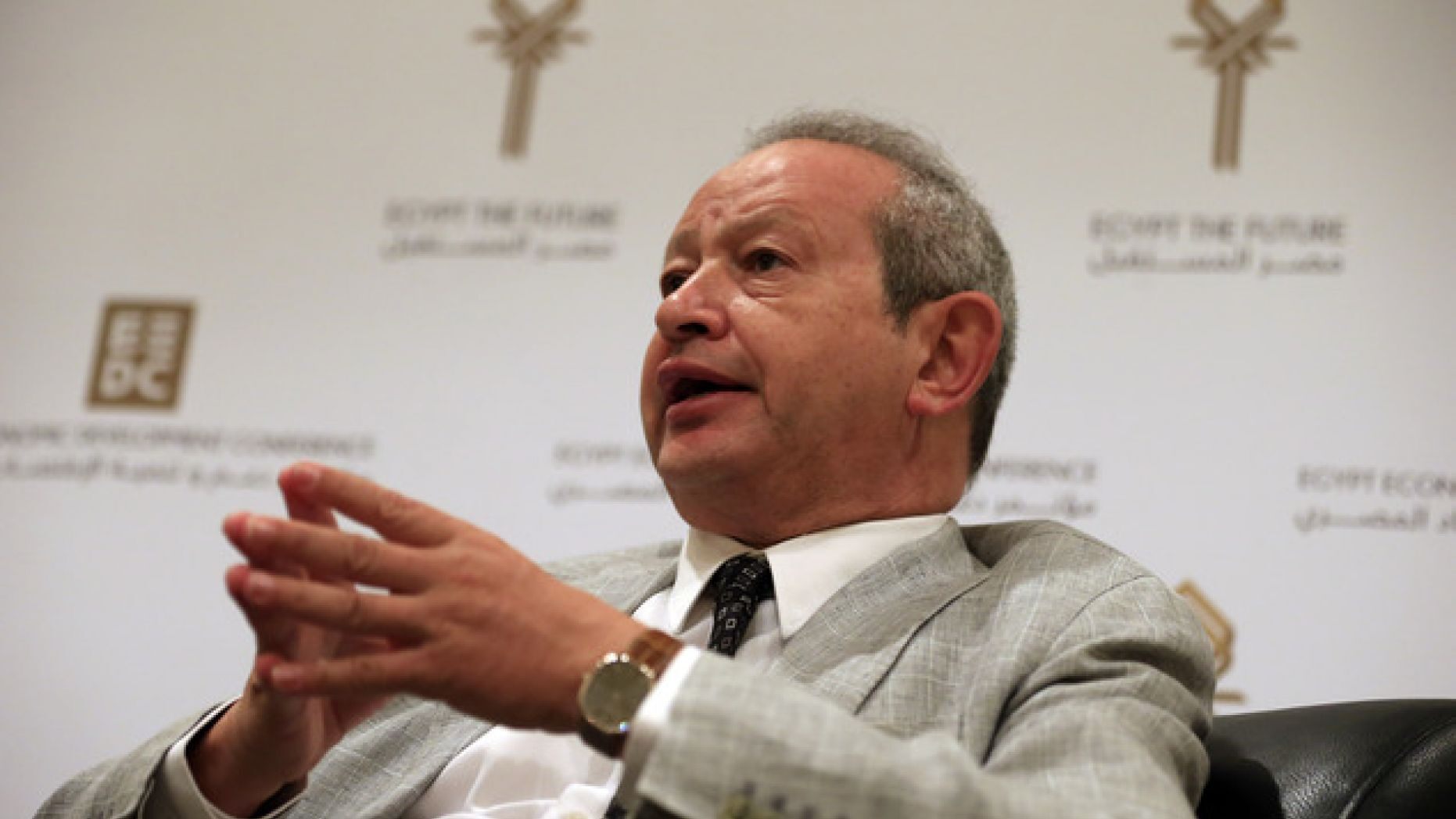
Those who were punished under Mohammed Morsy are getting their own back.
The chief executive of Egypt’s biggest construction company, Orascom Construction Industries, has signalled that the firm is “currently exploring its legal options” with regards to the $1 billion (EGP7.1 billion) tax settlement it agreed in April with the Morsy administration.
If the decision is overturned, it would be a symbolic victory for the business tycoons who have laid low since the end of the Mubarak era.
The signs are clear. Others who faced trial for more serious charges, including steel tycoon Ahmed Ezz, have been released and will likely live in luxury as they await retrial. Egypt’s prosecutor general has frozen an investigation panel sponsored by Morsy to probe crimes committed during the January 25 revolution and its aftermath.
And as the 85-year-old Mubarak was himself released from jail last month, the prospect of a return of the old guard has become all too real.
So what’s the background to the OCI case?
Nassef Sawiris, the head of OCI, was for much of this year entangled in a tax case with the former Islamist government, which claimed Orascom evaded taxes worth $2.1 billion after the sale of its cement business to French firm Lafarge in 2007.
OCI denied any wrongdoing. The government responded by placing a travel ban on both Nassef Sawiris and his father Onsi.
In April, the company finally agreed to repay $1 billion over a five-year period.
The Sawiris family struggled with the Islamist government, and Naguib Sawiris, Nassef’s brother, admitted he backed one of the biggest rebellions against Morsy, the Tamarod movement.
So what could happen now?
With the change of government, OCI looks like it is trying to reverse the tax decision. After all, why would the company stick to a settlement that was made with a government the Sawiris family consider as totally illegitimate?
Nassef Sawiris, clearly very happy about the removal of Morsy, blamed the former Islamist government for everything from the stagnant tourism sector to the lack of investment. Now the interim government “must learn from the failures of the previous government,” he told me just days after Morsy was overthrown.
While there is no doubt that after just one year in office, Morsy did nothing to prevent a looming economic collapse, businessmen like Sawiris have seized an opportunity to blame Morsy for much more than he is responsible for.
Ultimately, it doesn’t matter whether Morsy is wholly to blame or not or even whether OCI really evaded taxes or not. What is clear is that Morsy is powerless and under the purview of the military, while others in the opposition are rising again.
So if other ongoing court cases and deals done under Mohammed Morsy are anything to go by, it’s likely OCI won’t have to pay a penny.
The ease at which these decisions could be reversed sets a dangerous precedent for the return of a powerful elite, who are able to influence politics as much as they do business.
This story originally appeared on Rebel Economy
Farah Halime is the editor of Rebel Economy, a blog focused on how Middle East economies are rebuilding after the Arab Spring



